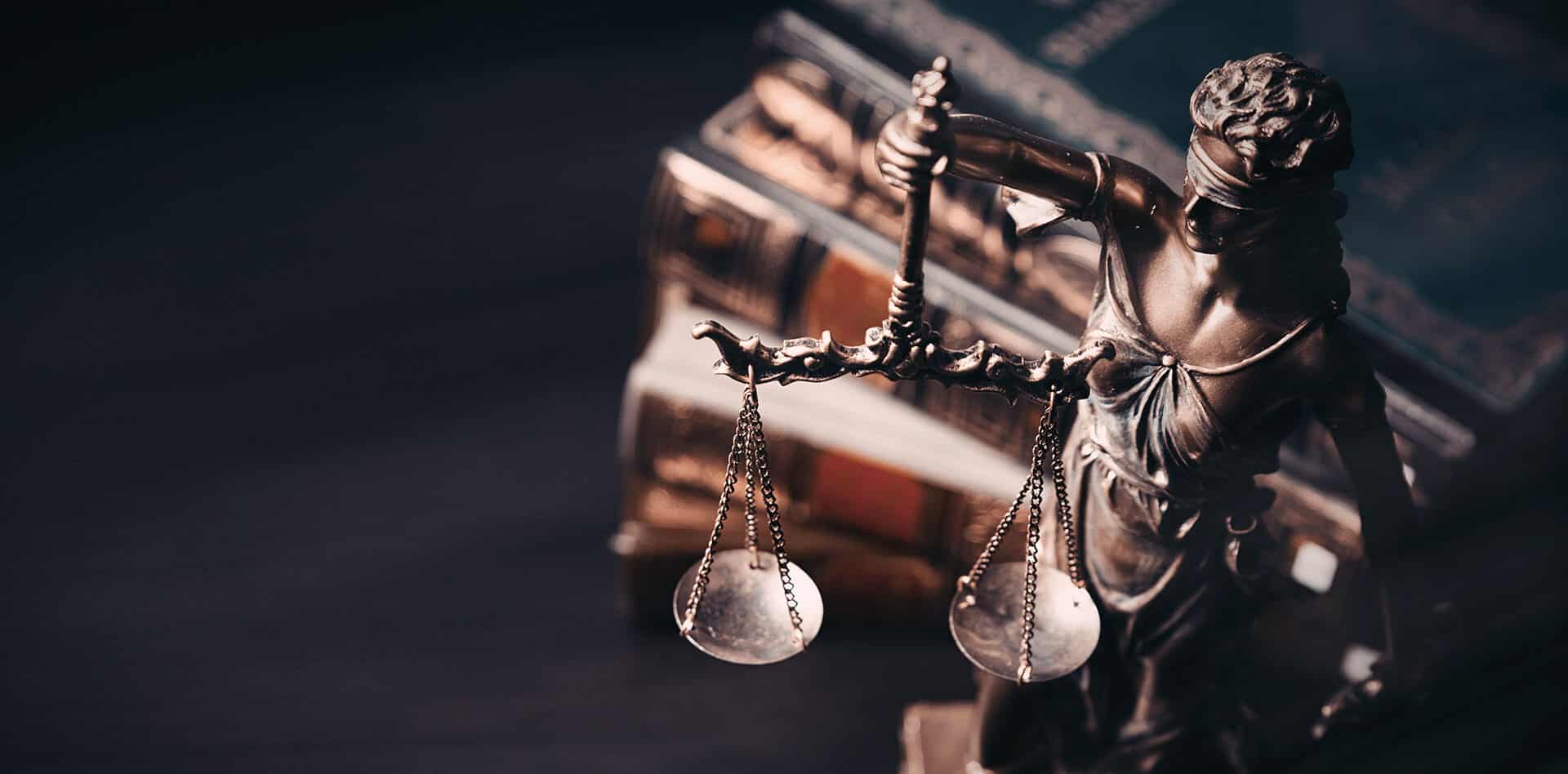Get Your 100% Free
Debt Relief Consult
10 Things You Need to Know About the Fair Debt Collections Practices Act

Debt collectors, although attempting to collect primarily legitimate debts, have garnered a reputation for harassing consumers by using unfair, abusive, and sometimes deceptive practices. Due to the pervasive use of these tactics, Congress passed the Fair Debt Collection Practices Act (FDCPA) in 1977 –– designed to stop illegitimate and harassing practices. Essentially, the FDCPA limits when and how debt collectors can contact customers and third parties about personal and household debts.
Have you been mistreated by debt collectors, who have violated one or more requirements of the FDCPA? If so, the Ohio consumer attorneys at Luftman, Heck & Associates can review your case to see if you may be eligible to recover damages. To schedule a free case review, call us today at (888) 726-3181 or complete our contact form.
FDCPA Rules About Contacting Consumers and Third Parties
The Fair Debt Collection Practices Act requires debt collectors and their representatives to follow a certain protocol when contacting consumers and third parties in pursuit debts owed.
A debt collector may not:
-
Communicate with the third party more than one time (the exception is when the debt collector reasonably believes statements provided by the third-party on the first call were false, or, the third-party asks to be contacted again)
-
Harass you in any manner
-
Threaten you in any manner
-
Inform a third party that you, the consumer, owes a debt
-
Call you on a continuous, repeated basis (i.e. excessive calls such as every day or 2 to 3 or more times a day)
-
Call you before 8:00 AM or after 9:00 PM
-
Leave a voicemail that fails to identify the company and collector, and fails to state that any information provided will be used for purposes of collecting the debt
-
Contact you at your place of employment when the collector knows your employer prohibits such calls, or after the collector has been informed not to call you there
-
Tell a third party about your debt or leaves a voice message the third party hears
-
Make attempts to collect the debt after a stop communication notice has been provided to the collector, either verbally or in writing
-
Use obscene, abusive, or profane language during a collection call
-
Use violent or aggressive tactics in an effort to collect.
You Can Stop the Calls
As an added recourse, customers can also send a cease communication letter to debt collection companies under the Fair Debt Collection Practices Act. When the company receives this letter, its agents are required to stop contacting you.
Simply write a letter informing the company that you are asserting your rights under the FDCPA and request they stop contacting you any further. To confirm it has been received by the company, send the letter via certified mail. By doing so, you will receive a receipt that indicates they received it. Upon receiving your letter, the company may only contact you once more to let you know what, if any, action may follow.
Contact an Experienced Ohio Debt Collections Attorney
If you are experiencing harassment by a debt collector and believe in doing so they are breaking the rules established under the FDCPA, let our Ohio consumer attorneys at Luftman, Heck & Associates review your situation. We will advise you on your options and whether you may be eligible to recover damages.
To request a free consultation, call us today at (888) 726-3181 or use our contact form.
